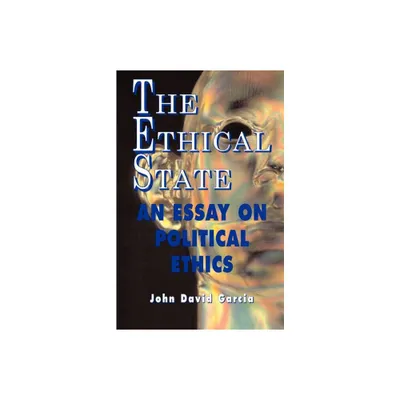Home
Ethics and the Will: Essays
Loading Inventory...
Barnes and Noble
Ethics and the Will: Essays
Current price: $169.99


Barnes and Noble
Ethics and the Will: Essays
Current price: $169.99
Loading Inventory...
Size: Hardcover
*Product Information may vary - to confirm product availability, pricing, and additional information please contact Barnes and Noble
The contribution made by the Vienna Circle to ethics and the philosophy of action is increasingly being recognized. Here two previously unpublished pieces by Moritz Schlick and his pupil Josef Schächter set the scene, showing how ethics is not dependent on metaphysics but does require a sensitivity to strata of language other than that of science. Schächter (author of
Prolegomena to a
Critical Grammar
, also in the VCC, and now doyen of educational philosophers in Israel) further develops this ethical theme in a too little known study of pessimistic dicta that he published in 1938. He succeeds (without ever assenting to it) in giving sense to the idea that it were better for a man never to have been born.
The bulk of the book is devoted to two works by Friedrich Waismann, probably written not long after his emigration to England, also in 1938. There are a paper on ethics and science, which defends the Wittgensteinian view that morality is something one cannot defend, but only profess, and (itself more than half the volume) a treatise on will and motive, where the influence of Wittgenstein is mediated by that of Ryle and where many points in modern theory of action are anticipated with the author's usual sensitivity both to language and to the complexity of the human situation. (Joachim Schulte recently edited these two works in the original German, otherwise they have remained unpublished).
This valuable addition to the VCC should illuminate both the history of the Circle and the kind of reflection on language and action which dominates the practical philosophy of our own day.
Prolegomena to a
Critical Grammar
, also in the VCC, and now doyen of educational philosophers in Israel) further develops this ethical theme in a too little known study of pessimistic dicta that he published in 1938. He succeeds (without ever assenting to it) in giving sense to the idea that it were better for a man never to have been born.
The bulk of the book is devoted to two works by Friedrich Waismann, probably written not long after his emigration to England, also in 1938. There are a paper on ethics and science, which defends the Wittgensteinian view that morality is something one cannot defend, but only profess, and (itself more than half the volume) a treatise on will and motive, where the influence of Wittgenstein is mediated by that of Ryle and where many points in modern theory of action are anticipated with the author's usual sensitivity both to language and to the complexity of the human situation. (Joachim Schulte recently edited these two works in the original German, otherwise they have remained unpublished).
This valuable addition to the VCC should illuminate both the history of the Circle and the kind of reflection on language and action which dominates the practical philosophy of our own day.


















